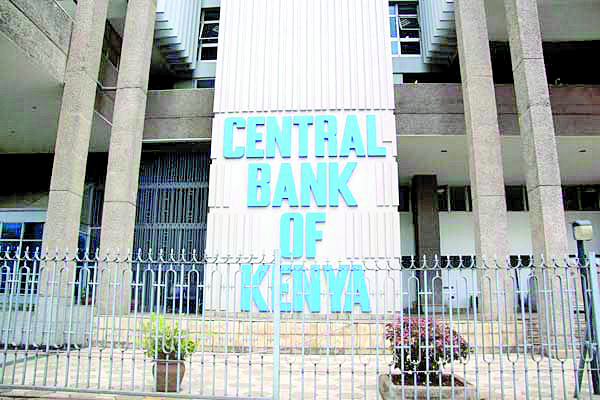CBK to oversee twin lending rate systems on Islamic banks plan

Parliament is seeking to amend the Central Bank Act to allow the establishment of Shariah-compliant monetary policy in a move that could see the banking sector operating on parallel base lending rates.
The Central Bank (Amendment) Bill, 2023 proposes the institution of a CBK Advisory Council responsible for monitory decisions and regulation of Shariah banks, successfully differentiating them from conventional banks.
As such, CBK faces a twin challenge of supervising a system made up of both interest-based banking and interest-free system. Regulation by the apex bank, if adopted, will also allow Islamic-affiliated banks and services to create an account with the CBK where their interest rates can be monitored just like other conventional banks.
“The advisory council shall be responsible for formulating and monitoring policy to regulate licensing and supervising of Islamic banks and Islamic institutions,” read in part the Bill which is sponsored by Wajir West legislator, Yusuf Farah.
Most conventional banks offering Islamic financial services currently have advisory units pegged on Islamic beliefs but there is no legal framework, leaving a room where deposits from non-Islamic customers can be used to service Shariah borrowers.
Islamic law forbids banks and customers from charging interest (riba) which is often dictated by central bank rate (CBR), taxes and pricing margins imposed by banks.
CBR was last month hiked massively by one percentage point to 10.5 per cent, setting the stage for costly loans. Banks majorly rely on deposits and loan interests to maintain the required liquidity levels.
Islamic banks are instead vested in relationships, partnerships and risk sharing, which has seen them enter trade financing agreements to create profits.
“Muslims worry they don’t want to borrow from conventional account because the central bank can only lend with interest. The money itself that is supposed to be borrowed is also not halal (not permissible in Islam). Liquidation is not an issue,” Farah told the parliamentary budget office (PBO).
Islamic banking is likely to attract even non-Muslims seeking to dodge the exorbitant interests currently charged by conventional commercial banks, something that could stifle other lenders epically the small ones.












